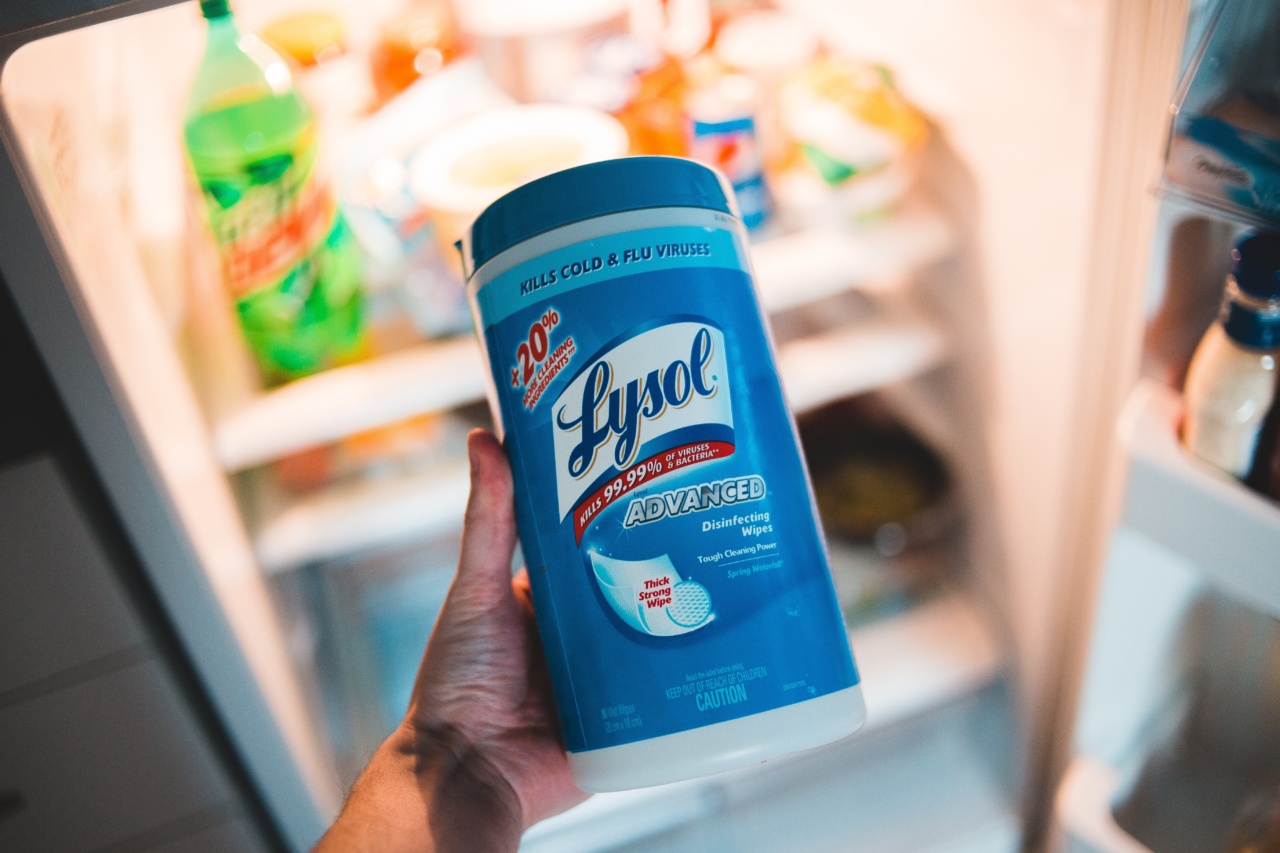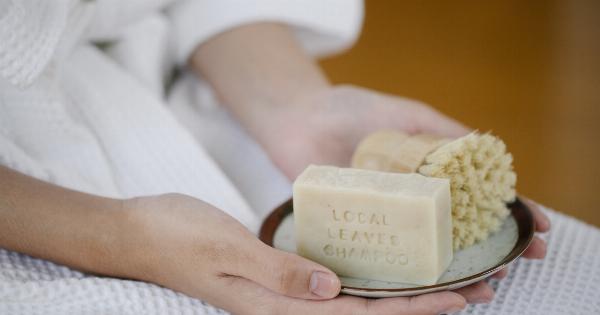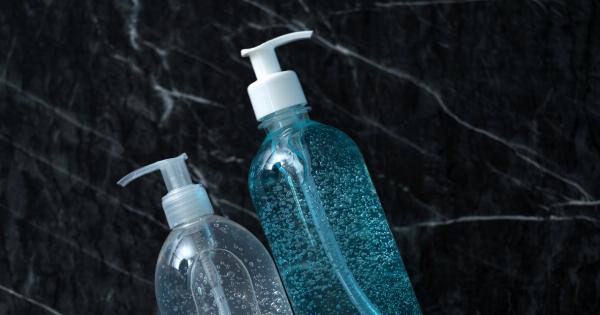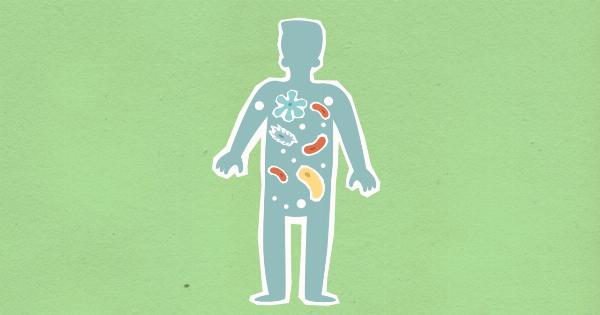Antibacterial soaps and hand washes have gained popularity and become a common household item in recent years.
People believe that it is better to use an antibacterial soap to kill germs and bacteria, especially during the flu season or when they are sick. But do you know that there is an ingredient in some antibacterial soaps that can actually lead to staph infections?.
What is Triclosan?
Triclosan is an antibacterial and antifungal agent that is commonly used in a variety of products, including soaps, hand washes, and toothpaste. It was introduced in the 1970s and is one of the most widely used ingredients in consumer products.
Triclosan works by breaking down the cell walls of bacteria and fungi, killing them before they can multiply and cause infections. However, recent studies have shown that triclosan may not be as effective as previously thought and may even harm our health.
The Dangers of Triclosan
Research has linked triclosan to a variety of health problems. Some of the most common side effects include skin rashes, hormonal imbalances, and allergies. Triclosan has also been shown to disrupt the endocrine system, which regulates hormones.
Animal studies have suggested that triclosan may interfere with thyroid hormone function, which can cause weight gain, fatigue, and depression. In addition, triclosan has been shown to contribute to the development of antibiotic-resistant bacteria, making it harder to treat infections.
Staph Infections
Staph infections are caused by the Staphylococcus aureus bacteria, which live on our skin and in our noses.
These bacteria are usually harmless, but they can cause skin infections, such as boils and impetigo, and even more serious infections, such as pneumonia and sepsis. Staph infections are common in hospitals and other healthcare facilities, where they can spread from person to person. Symptoms of a staph infection may include redness, swelling, and pain in the affected area, as well as fever and fatigue.
The Link Between Triclosan and Staph Infections
Recent studies have suggested that triclosan may actually increase the risk of staph infections.
One study published in the journal Clinical Infectious Diseases found that people who used antibacterial soaps containing triclosan were more likely to develop staph infections than those who used regular soap. The researchers also found that the staph bacteria from people who used triclosan-containing soaps were more resistant to antibiotics than those from people who used regular soap.
Another study published in the journal Environmental Health Perspectives found that triclosan exposure may increase the risk of nasal colonization with staph bacteria, which can lead to infections.
Alternatives to Triclosan
The good news is that there are many alternatives to triclosan that are just as effective at killing germs and bacteria.
Look for products that contain benzalkonium chloride, which is an effective antimicrobial agent that is less harmful to our health and the environment. You can also use regular soap and water, which is just as effective at washing away germs.
If you are concerned about infections, wash your hands frequently, especially after using the bathroom, before eating, and after touching public surfaces, such as doorknobs and shopping carts.
The Bottom Line
Triclosan is an ingredient that is commonly used in antibacterial soaps and hand washes, but recent studies have suggested that it may be harmful to our health and even increase the risk of staph infections.
Look for alternatives to triclosan that are less harmful to our health and the environment, such as benzalkonium chloride. Wash your hands frequently with regular soap and water to prevent the spread of germs and bacteria.






























